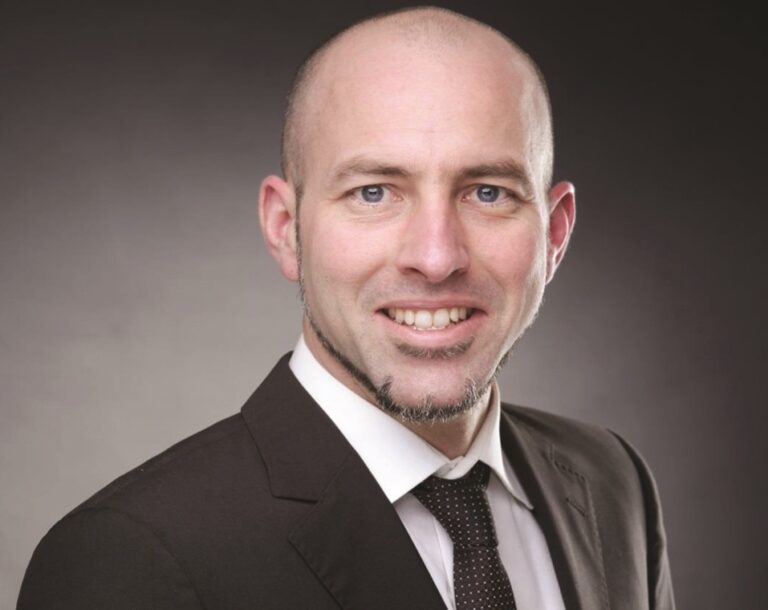Education/Training
2007 – 2010
PhD degree at Carl von Ossietzky University, Oldenburg
1999 – 2005
Studies in Biology, Christian-Albrechts University, Kiel
Research Experience/Academic Appointments
Since 2014
Research scientist, Christian-Albrechts University, Kiel
2011-2014
Research scientist, Centre for Marine Bio-Innovation, University of New South Wales, Sydney, Australia
2010-2011
Research scientist, Christian-Albrechts University, Kiel
2005-2006
Research associate, Geomar-Helmholtz Centre for Ocean Research, Kiel
Important Scientific Prizes/Functions
2018
Founder of the internet platform WISSAY for public outreach in science
2018
Initiator of the Joint academic virus seminar JAVIS
2016
Volkswagen Foundation ‘Experiment! In search of bold research ideas’
2014
DFG reintegration grant
2012
FSC grant: ‘Emerging viral infections in a widespread ecosystem engineer’
2012
Faculty of Science Interdisciplinary Research Grant
2011
DFG research fellowship
Contact


